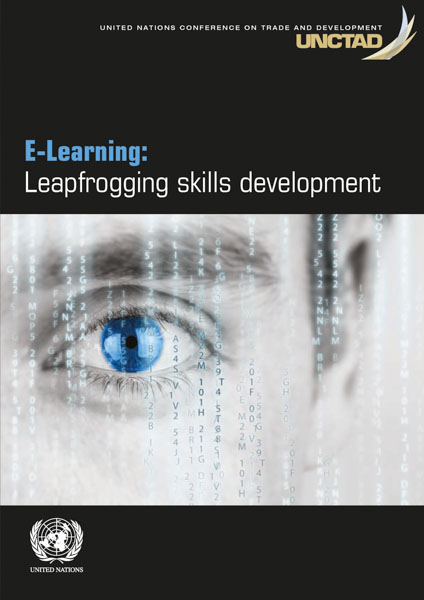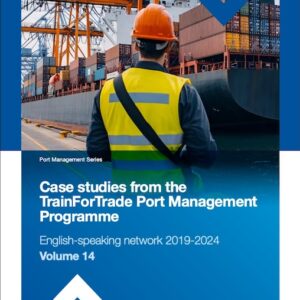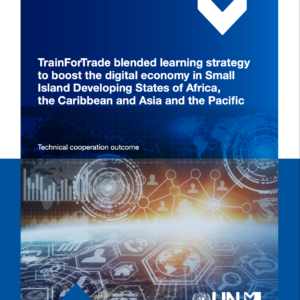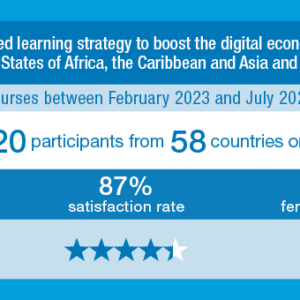E-learning: Leapfrogging Skills Development

Trade capacity building is a critical element in the development debate as more attention must be paid to the integrated treatment of trade, finance, investment and technology, the interdependence between different policy areas, including macroeconomic management. These address the challenges posed by the ongoing processes of liberalization and globalization and the increasing integration of developing and LDC countries into the global economic system. It includes the increased awareness of the diverse policy and other conditions necessary for attaining competitiveness to participate effectively in the rapidly changing global economic environment. Bridging the trade capacity gap therefore provides decision makers with an adequate understanding of the development dimensions of ongoing negotiations.
Therefore, it is essential that developing countries build their own capacities as only they can then further develop the relevant skills and institutions for undertaking effective trade policies. The issue to take into consideration is how to support institutions and multi-stakeholders partnerships processes for intra-Government cohesion and consultations with trade actors including private sector and civil society. In that context the audience has examined the role of innovative knowledge strategies and Information and Communication Technology (ICT) to support sustainable and inclusive strategies in line with the Sustainable Development Goals (SDG).
Knowledge development plays a key role for developing countries and proposed to approach it along three main perspectives:
(a) How can we link research and capacity building in order to face the challenges of economic development?
(b) What are the needs of developing countries in terms of knowledge development? And how can we respond to these needs?
(c) What are the challenges developing countries may face in policy formulation and what can be done to help them?





